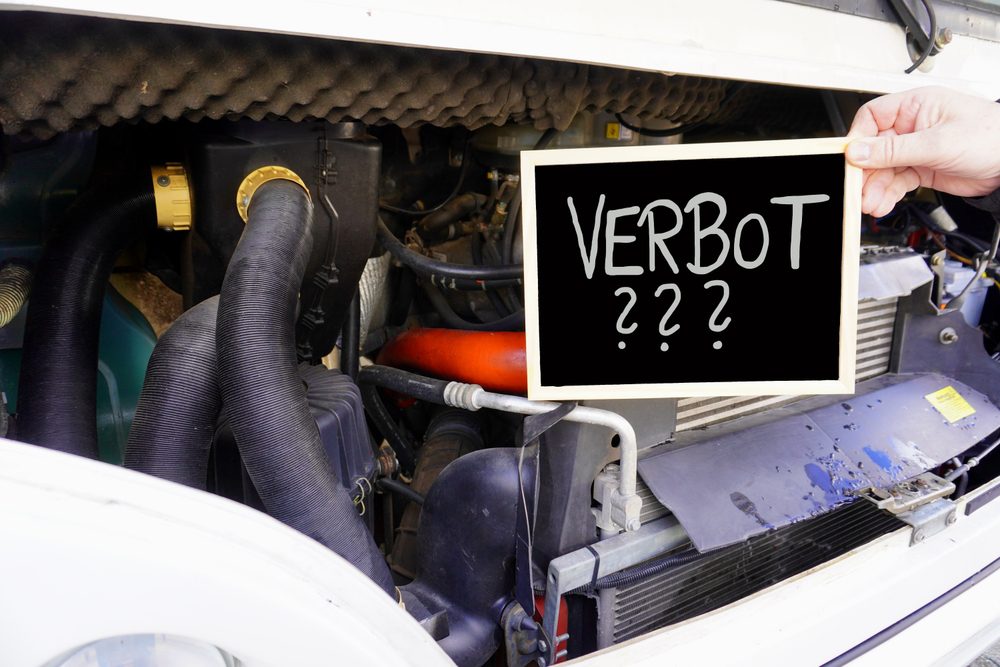
The EU’s ban on internal combustion engines is now unlikely to be stopped after the bloc received what AFP described as the “final green light.” The deal had already passed through the usual legislative processes but hit a stumbling block when Germany requested last-minute exemptions. Now German Transport Minister Volker Wissing has highlighted that engines will be eligible for registration beyond 2035 so long as they use carbon-neutral fuels, the measure looks set to go ahead.
Berlin’s blocking efforts were pinned on “domestic politics.” The country’s three-party governing alliance was at odds, with the Free Democratic Party (FDP) pushing for a rethink and Vice-Chancellor and Economy Minister Robert Habeck, of the Green Party, warning that this damaged Germany’s standing in the EU.
Germany, already struggling with a hit on gas supplies, should expect to suffer from the combustion engine ban, given its reliance on carmaking. Ulrich Eichhorn, a former managing director of the German Association of the Automotive Industry, told Brussels officials in 2017 that if Germany’s largest car manufacturer, Volkswagen, was damaged, so too would be the wider European economy. Quoted in Politico, he said: “The continued success of Volkswagen is very important to the German and European economy and societies.” FDP Transport Minister Volker Wissing did not go so far as to suggest the ban could leave the industry in tatters, but suggested that “it makes sense to keep this technology in our hands while some of the questions around climate-neutral mobility remain unanswered.”
Brussels officials have, however, celebrated the final ‘green-lighting’ of the combustion engine ban. Frans Timmermans, the executive vice-president for the European Green Deal, celebrated the “important step towards zero-emission mobility.” He wrote in a post on Twitter: “The direction is clear: in 2035 new cars and vans must have zero emissions. It brings a big contribution to climate neutrality by 2050 and is a key part of the EU Green Deal.”
With @EUCouncil’s final vote today the EU has taken an important step towards zero-emission mobility.
— Frans Timmermans (@TimmermansEU) March 28, 2023
The direction is clear: in 2035 new cars and vans must have zero emissions. It brings a big contribution to climate neutrality by 2050 and is a key part of the #EUGreenDeal.
The Green Deal is the first of the EU’s ‘legislative priorities’ for 2023 and 2024—“no coincidence,” according to Alvino-Mario Fantini, editor-in-chief of The European Conservative, who told the audience of the publication’s latest event in Brussels (reported on here) that the policy agenda “encompasses all aspects of our lives.”
"A Path Forward" – my coverage of this week's @EuroConOfficial event.
— Michael Curzon (@MichaelWCurzon) March 24, 2023
A panel led by @FantinoVienna agreed that “when you get beyond the rhetoric” of the EU’s legislation, “you see something very different.”@pierremarieseve @pietercleppe @Norm_Lewishttps://t.co/mGJXiSJNwI
Panelist Pieter Cleppe, the editor-in-chief of brusselsreport.eu and an international research fellow at the U.S. think-tank Property Rights Alliance, was highly critical of banning “existing functional technology,” including the combustion engine, the replacing of which he said would amount primarily to “spending more money.” Mr. Cleppe added that, far from imposing soft measures towards a brighter future, the Green Deal encompasses the “sharpening up of already sharp regulations.”
